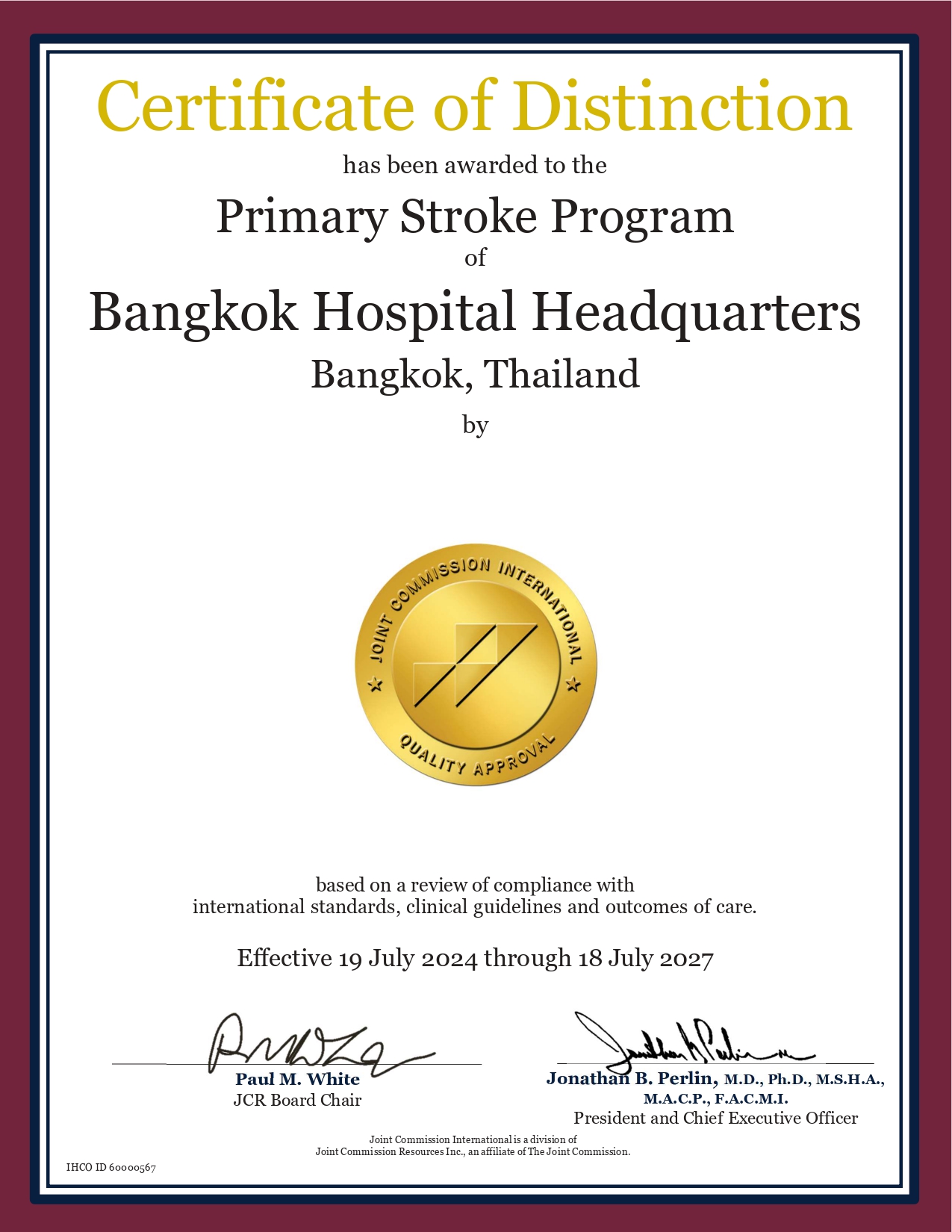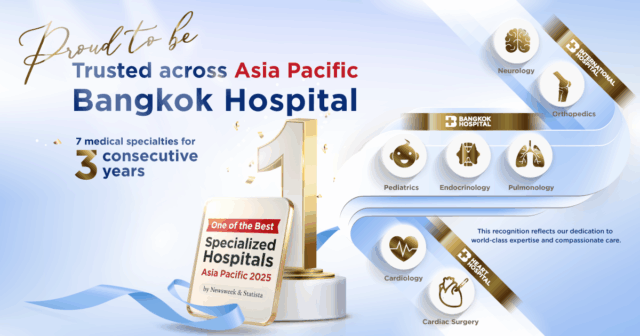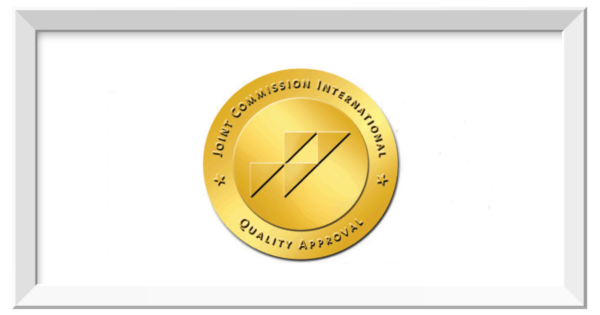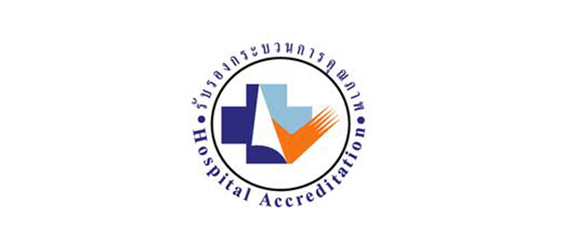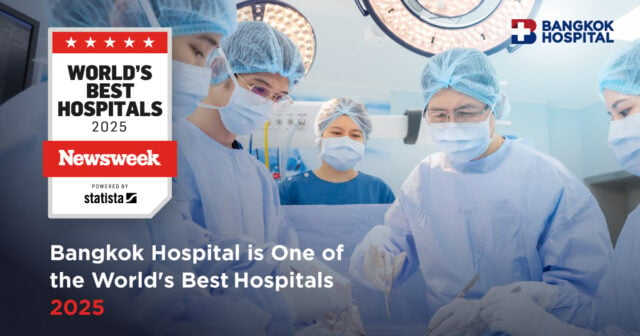General Information of Stroke:
Stroke is the most common disease found in older person and is a risk taken to develop symptoms in the nervous system. Therefore, person with stroke will need a long convalescent recovery and is considerate a burden to the patient as well as the relatives to provide care for patient.
Clinical Pathway for Acute Stroke has established to improve quality of care effectively for stroke patient.
Mission:
The Stroke Center mission is to enhance the well being of our patients by providing comprehensive and compassionate stroke care in an environment of continually improving practice led by a trained of professional health care team and specialized physicians.
Purpose:
We provide quality of care for the well being of patient
Objective:
- To standardize the process of clinical pathway and ensure the continuum of care for stroke patients.
- To guide the clinical care to all healthcare personnel involved.
- To reduce risks that may occur during the care process.
- To communicate patients and family about stroke education and self management for prevent revise stroke and complications.
- Process and outcomes measurement, evaluation and management.
Target Population of Stroke Pathway:
- Age must be over 18 years old
- Patient was diagnosed for ischemic stroke or intracerebral hemorrhage, subarachnoid hemorrhage within 7days.
- Patient has risk factors of stroke or TIA including hypertension, diabetes, dyslipidemia, atrial fibrillation, cigarette smoking, family history of stroke, and/or previous stroke.
Definition:
- Acute Stroke: A sudden of no blood flow to the brain cells due to blockage or rupture of an artery to the brain that last longer than 24 hours.
- Acute Stroke Care Flow Sheet: A format or form used for document the care giving in acute stroke patient when admitted patient.
- Stroke Fast Track: A guidelines used for acute stroke patient within 3 hours after developed symptoms and seeks for emergency medical treatment.
- Clinical Pathway for Acute Stroke: A pathway used for acute stroke patient within 7 days after developed the symptoms.
- Stroke Coordinator Nurse: A nurse who assist in coordinating stroke pathway with other health care team.
- Stroke Unit: Units that taking care for acute stroke such as ICU-2 and Ward-6D depending upon the diagnosis and the discretion of physician to admit the patient.
- Stroke Core Team: Stroke Program Director , Stroke Coordinator Nurse , ward 6D nurse , ICU2 nurse , ER nurse , Neurology-Neurosurgery department.
- N/A: Not Applicable
Criteria for Stroke Pathway:
- Inclusion Criteria
- Patient with suspected or diagnosed of TIA, ischemic stroke, intracerebral hemorrhage, subarachnoid hemorrhage within 7 days after developed the symptoms.
- Patient with symptoms or one of the abnormalities in the nervous system such as:
- Sudden weakness of a limb (in a leg or arm)
- Sudden numbness of one side of the bodyInability to speak, slurred speech
- Sudden blurred vision
- Sudden of in explanation of dizziness or headache.
- Sudden of severe headache
- Patient with referral from other hospital for treatment of sudden onset of stroke symptoms.
- Stroke Pathway can be started at the ER or IPD wards by physician or nurse initiated the pathway.
- Exclusion Criteria
- Patient with suspected or diagnosed of stroke more than 7 days after onset.
- Patient refused the treatment against the medical advised or patient has passed away.
- Patient with symptom likes Acute Stroke but diagnosed of non stroke such as, for example hypoglycemia, brain tumor, or brain abscess.
- Patient with hemorrhagic stroke that has subdural or subarachnoid hemorrhage or resulting from Arterio Venous Malformation (AVM), or cerebral aneurysm
- Patients who suspect or have been diagnosed for venous thrombosis
Diagnosis and Treatment:
- Patient with symptoms < 3 hours, follow Stroke Pathway Order for onset < 3 hrs. (F/M-02.1-MSO-032)
- Follow Stroke Order for onset < 3 hrs. (F/M -02.1-MSO-032)
- Checklist for r-tPA (F/M-02.1-MSO-017)
- Consider of giving r-tPA follow Stroke Pathway Order for r-tPA (F/M-02.1-MSO-033)
- IPD follows Clinical Pathway for Acute Stroke Care Flow sheet (F/M-02.1-MSO-021)
- Stroke Patient with Symptoms > 3 Hours – 7days:
- Follow the Stroke Pathway Order for onset > 3 hrs- 7Days (F/M-02.1-MSO-032)
- IPD follows Clinical Pathway for Acute Stroke Care Flow sheet (F/M-02.1-MSO-021)
- Patient with suspected of SAH/ICH. Patient with suspected of Subarachnoid Hemorrhage:
- There are two-three symptoms noticeable:
- Headache: There is neurology deficit
- Sensation: May or may not have this symptom.
- Stiff Neck: May or may not have this symptom.
- Nausea or vomiting
- Headache is divided into normal headache or severe headache. Patient who fit for the criteria of Stroke Pathway will need to follows:
- Stat CT Brain
- Notify Neurology
- Admit patient to Neurology Unit (ICU2)
- Follow the Pathway for Acute Hemorrhage Stroke
- Subarachnoid Hemorrhage: Patients who develop those mentioned symptoms within 7 days, care will be provided as of clinical pathway for acute stroke.
- Intracerebral Hemorrhage: Patients who develop those mentioned symptoms within 7 days, care will be provided as of Clinical Pathway for Acute Stroke.
- Intracerebral Hemorrhage/ subarachnoid hemorrhage: Patients who develop those mentioned symptoms more than 7 days, medical treatment will be planned by the physician with the following of hospital standards
- There are two-three symptoms noticeable:
Clinical Pathway for Acute Stroke:
- Patients who develop onset of neurological symptoms within 3 hours is classified as met for the criteria of Stroke Alert will do as CODE Stroke Alert as attachment (s):
- IPD follow Clinical Pathway for Acute Stroke Care Flow sheet (F/M-02.1-MSO-021) :Plans for providing care are 7 days including multidisciplinary team such as: Assessment, Investigation, Consultation, Intervention, Nutrition, Patient and family education, Discharge planning, and Expected outcome.
Stroke Pathway Instructions:
- Stroke patient will receive the education on:
- Need follow up appointment after discharge from hospital.
- Activate EMS: To have telephone numbers of hospital nearby and to call 1719 (Contact Center) of Bangkok Medical Center in case of emergency.
- Personal risk factor of patient (if any).
- Give instructions on medication prescribed to patient such as when and how to take medicines, dosage, the benefits of taken medications, and the side effects.
- Aware of any warning signs & symptoms of stroke
- Others:
- Provide patient with the knowledge of stroke disease such as what is a stroke?, causes of the stroke, treatment, risk factors, signs and symptoms of stroke, and warning signs of neurological deficit that needs an emergency medical attention. In addition, instruct patient to learn about preventing stroke, change the ways of life style habit by eating well balanced nutrition, stop smoking, and get on exercise.
- Inform patient of lab test results or other diagnostic results during the hospital stay.
- Physical rehabilitation
Discharge Planning:
- Evaluate for the preparedness of patient to be discharged as follows:
- Vital signs and neurological signs and symptoms.
- Daily Activity
- Emotional and Spiritual Status
- Nutrition and Medication
- Communication
- Acknowledgement
- Excretion
- Movement
- Laboratory results
- Evaluate for the preparedness of family members to participate in the care for patient.
- Understanding the disease of stroke and the progression of the disease.
- Preparedness for emotional, spiritual, social, and economics’ status.
- Environmental status that affect to the care for patient.
- Experience in providing care to patient that might support to social welfare.
- Knowledge providing and skills practicing that is necessary for patient and the family members before patient is discharged from the hospital.
- Medications to take home such as: name of drugs, benefits, dosage, frequentative, storage, side effect, reaction between drug and diet or reaction among its drugs.
- Procedure that is necessary for suctioning, chest tapping, tube feeding, food blender, or insertion of urinary catheter.
- Assist patient for daily activity to prevent complications such as bathing, teeth cleaning, bottom cleaning, care to patient with excretion, skin care, and respiratory care.
- Prepare the environmental of the house such as having the access of wheelchair pathway, handrail for the sidewalk, house’s floor should be at the same level with no skid or a thin carpet used for the floor, and bathroom should have a bar on wall to grab on (hold on).
- Physical rehabilitation and the remedy such as arranging the patient’s position, movement patient in bed, transferring patient from bed to chair or from chair to bed, doing passive range of motion or active range of motion including supplies used for communicating with patient.
- Observe changes in neurological symptoms, follow with doctor’s appointment, and provide telephone numbers to contact in case of emergency situation.
- Multidisciplinary team that involved such as doctor, rehabilitation medicine, nurse coordinator, Nutritionist, pharmacist, and psychologist.
- Follow up on patient with doctor’s appointment.
- Prepare readily available of medical summary, all diagnostics and lab results, film X-rays and films’ readily interpreted to go with referral patient to other hospital if he/she cannot receive a continuing of care at the BMC.
Flow Chart:
- Flow of Stroke Alert
- Stroke Clinical Pathway
- Stroke Performance Measures Set
Report a patient safety or quality of care to JCI Click
For more information please call:
The Brain Center: (+66) 2310-3011
Or the Brain Center Nurse Coordinator: (+66) 2310-3268
Or the 24-hour Contact Center: (+66) 2310-3344
Email: [email protected]

